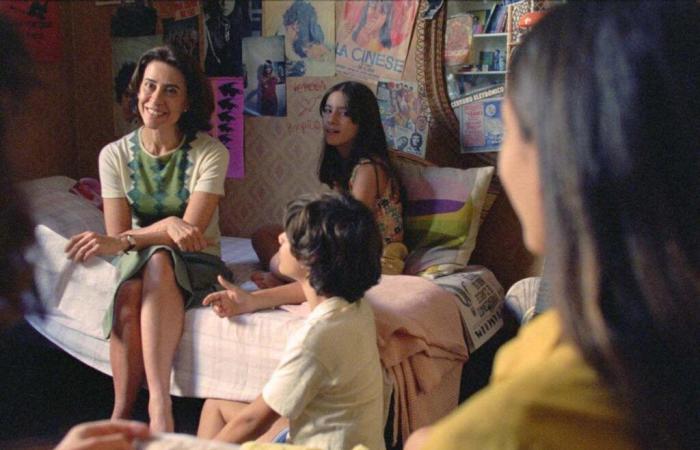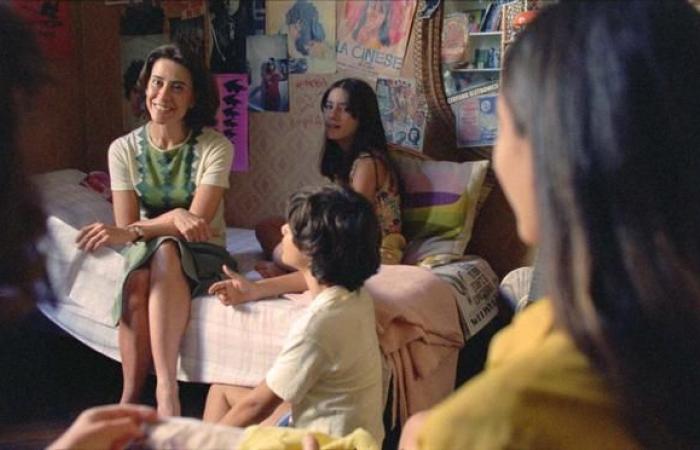THE OPINION OF THE “WORLD” – WHY NOT
On the road to modern Brazilian cinema, to outline things in very broad strokes, three names recognized by the international public are printed. The volcanic and possessed Glauber Rocha, leading figure of “cinema novo” in the 1970s. The romantic and committed Walter Salles, who emerged in the 1990s. The critical intellectual Kleber Mendonça Filho, who we discover from the 2010s. The first, as if burned in its own fire, has long since disappeared. The third, a patient craftsman who was not helped by the reign of ex-far-right president Jair Bolsonaro, is slowly plotting his next film. The second, lost sight of for many years, returns today with a title which, to primarily concern its heroine, could also designate it.
Revealed worldwide with Central Brazil in 1998, in decline since On the roadin 2012, an adaptation of Jack Kerouac's novel which was not entirely convincing, Salles is now directing a film which is enjoying great success in Brazil and brings into play two recurring motifs in his cinema: absence or disappearance of a loved one, particularly a father and a husband, and consequently the survival of those who remain. A situation that he sets up here against the backdrop of the most tragic chapter in contemporary Brazilian history: the military dictatorship which locked down and ravaged the country from 1964 to 1985. The story, as they say, is taken from real events. The 1971 arrest of Rubens Paiva – an engineer who had been a Labor Party MP and engaged in peaceful resistance under the dictatorship – followed by his disappearance.
You have 61.42% of this article left to read. The rest is reserved for subscribers.







